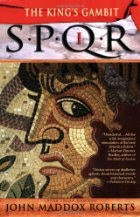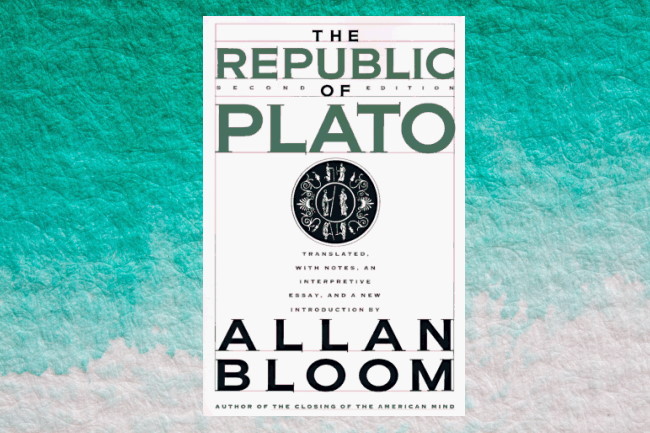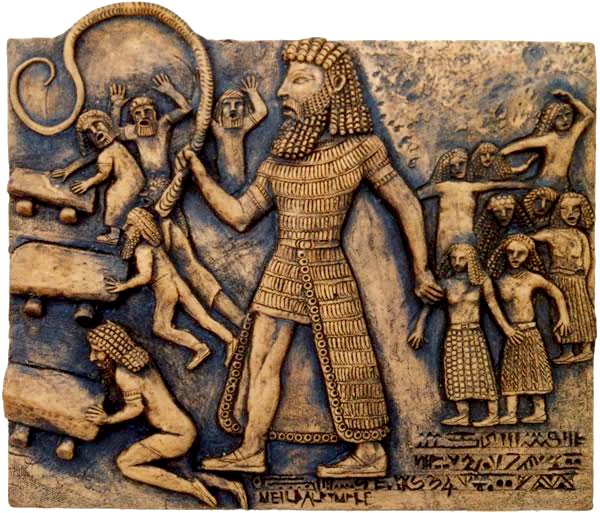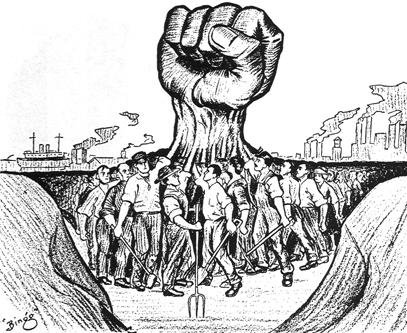Mysteries of Ancient Rome, Part 1 (SPQR)
I just finished reading Rubicon, by Steven Saylor, and thought I would discuss one of my favorite "just for fun" genres: murder mysteries set in ancient Rome. There are three series by different authors that I am familiar with (there are also some other series I've sampled), which I can recommend for different reasons. Right now, I'll just briefly describe the three series and what distinguishes each one; perhaps another day I'll go into more depth on particular novels.
The first is the SPQR series by John Maddox Roberts , which I began reading about 15 years ago, a couple of years before I first began studying the Latin language and the culture of the late Roman Republic and early Empire. SPQR stands for Senatus Populusque Romanus ("The Senate and People of Rome"), an official motto of the Roman Republic which can still be seen on manhole covers in Rome to this day. This remains my favorite series of the three, perhaps because it first introduced me to the daily life and the cultural ideals of the Roman Republic (at that time, like most people, I didn't even know the difference between the Republic and the Empire). When I began reading, there were three novels in print; now, the novels now total a baker's dozen, and several related short stories have been published as well.
, which I began reading about 15 years ago, a couple of years before I first began studying the Latin language and the culture of the late Roman Republic and early Empire. SPQR stands for Senatus Populusque Romanus ("The Senate and People of Rome"), an official motto of the Roman Republic which can still be seen on manhole covers in Rome to this day. This remains my favorite series of the three, perhaps because it first introduced me to the daily life and the cultural ideals of the Roman Republic (at that time, like most people, I didn't even know the difference between the Republic and the Empire). When I began reading, there were three novels in print; now, the novels now total a baker's dozen, and several related short stories have been published as well.
SPQR series, John Maddox Roberts
- Period: The last generation of the Roman Republic (70-46 B.C.). The series opens in the year of the consulates of Crassus and Pompey, the same year that Cicero achieved one of his first major legal victories (prosecuting the corrupt provincial governor Verres), and the year that the poet Virgil was born. The most recent novel occurs in the months leading up to the assasination of Julius Caesar on the Senate floor. Thus, the series covers what is probably the most interesting and dramatic period of Roman history, when the civic virtues that had allowed Rome to become great are crumbling under the weight of greed and personal ambition, to collapse ultimately into the long period of civil war that led to the ascension of Octavian (a.k.a. Caesar Augustus) and the birth of what we now call the Roman Empire.
- Detective/Protagonist: Decius Caecilius Metellus the Younger, son of a obscure branch of an old Roman family of senatorial class. Decius is a bright young man with an insatiable curiosity that often gets him involved in bringing to light secrets that a more politically-astute (or ambitious) young man would avoid. In the first novel, Decius is just taking his first step on the cursus honorum, or career ladder of public service that respectable men of his social class were expected to follow. As the series goes along, Decius's career advances as the political situation in Rome declines; at some point he marries a (fictional) niece of Julius Caesar.
- What I Like: There's almost nothing I don't like about this series. Here, briefly, are a few specifics: Authenticity -- Decius is a political and cultural "insider," therefore he understands, sympathetically but not uncritically, Roman republican virtues and figures; Portrayal of key historical figures is realistic without being "post-modernly" cynical of their motives; Diversity of locale: some of the novels take place in other parts of the Roman world, not just the urbs itself; all of the major historical events of the period are dealt with; also, the author provides a glossary of terms relating to Roman life that are likely to be unfamiliar to readers; indirectly, the reader learns a lot about this fascinating period of history; finally, the tone of the novels includes appropriate humor without being irritatingly "jokey."
- What I Don't Like: Not much! I'm just sorry I've only read about 6 of the 13 novels so far.






Comments
Post a Comment